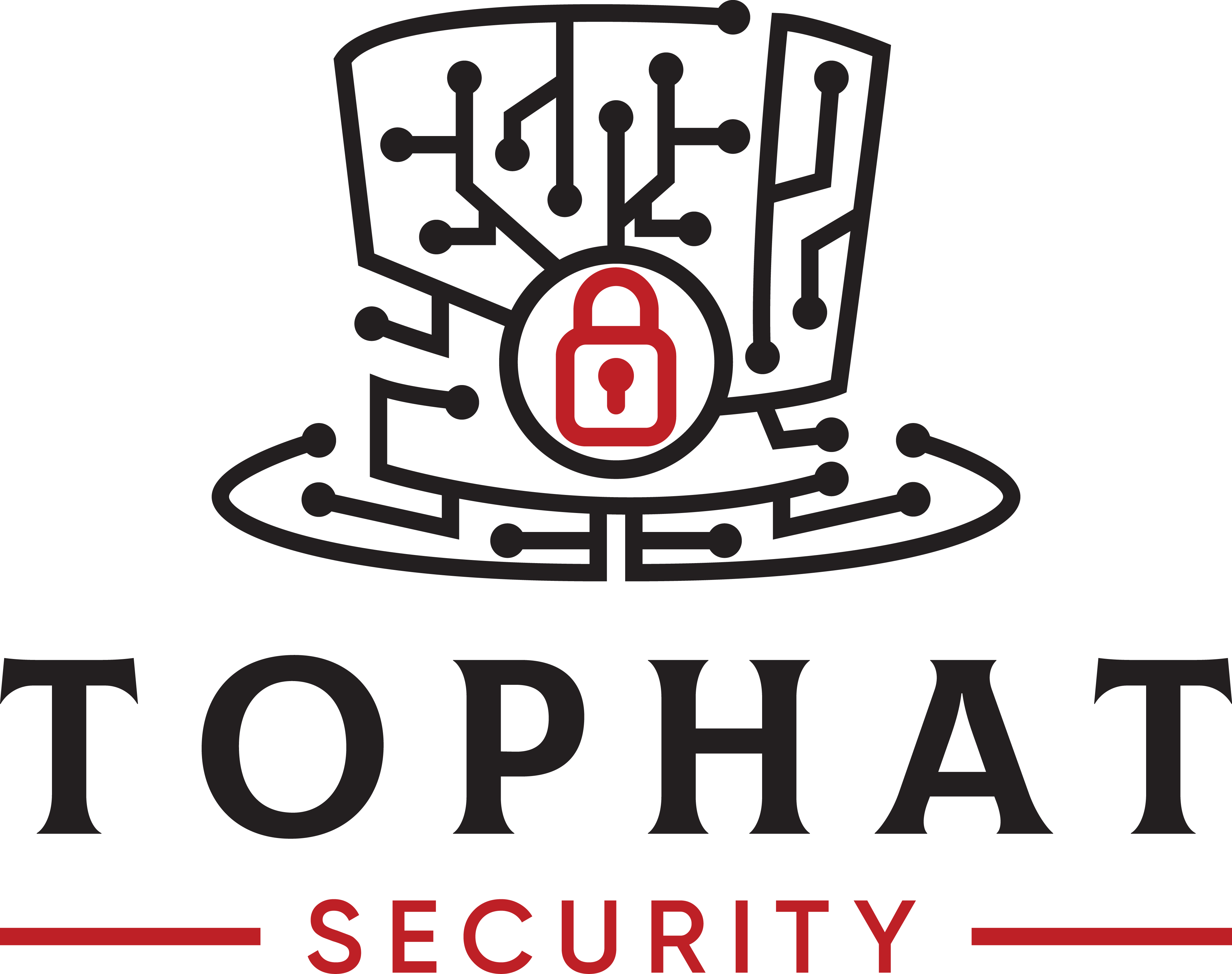Summary of Regulations and Penalties for Cyber Supply Chain Security and Product Verification
National Institute of Standards and Technology (NIST) Special Publication 800-161
- Regulation:
- Provides guidelines for managing cyber supply chain risk.
- Emphasizes the integration of supply chain risk management (SCRM) practices into overall risk management processes.
- Key Clauses:
- Clause 3.1: Risk Assessment – Organizations must identify, assess, and prioritize risks associated with the supply chain.
- Clause 3.2: Risk Mitigation – Implement strategies to mitigate identified risks.
- Clause 4.2: Supplier Assessments – Regular assessments and audits of suppliers.
- Clause 5.1: Incident Response – Establish protocols for responding to supply chain incidents.
- Penalties:
- Non-compliance may result in loss of contracts with federal agencies.
- Potential fines and reputational damage.
Federal Acquisition Regulation (FAR) 52.204-23
- Regulation:
- Prohibits federal agencies from purchasing or using equipment, systems, or services that pose a significant cyber risk.
- Key Clauses:
- Clause 52.204-23(b): Contractors must verify that any information technology used does not contain prohibited components.
- Clause 52.204-23(c): Report any use of prohibited components within 10 days.
- Penalties:
- Contract termination.
- Suspension and debarment from future contracts.
- Financial penalties for non-compliance.
Department of Defense (DoD) Cybersecurity Maturity Model Certification (CMMC)
- Regulation:
- Mandates cybersecurity requirements for DoD contractors.
- Includes five maturity levels, each with increasing security requirements.
- Key Clauses:
- Clause 3.1.1: Basic Cyber Hygiene – Minimum requirement for Level 1 certification.
- Clause 3.2.2: Intermediate Cyber Hygiene – Necessary for Level 3 certification, involving more rigorous controls.
- Clause 4.3.3: Advanced/Progressive – Required for Level 5 certification, which includes proactive and adaptive measures.
- Penalties:
- Ineligibility to bid on DoD contracts without appropriate certification.
- Potential loss of existing contracts.
European Union Cybersecurity Act
- Regulation:
- Establishes a European cybersecurity certification framework.
- Key Clauses:
- Article 53: Certification Schemes – Defines the process for certifying ICT products, services, and processes.
- Article 54: Conformity Assessment – Specifies requirements for conformity assessments.
- Article 56: Penalties – Defines administrative sanctions for non-compliance.
- Penalties:
- Financial penalties based on the severity of non-compliance.
- Potential banning of non-compliant products from the EU market.
ISO/IEC 27036
- Regulation:
- Provides guidelines for cybersecurity in the supply chain.
- Key Clauses:
- Clause 5.1: Establishing a Supply Chain Information Security Policy – Organizations must have a clear policy for managing supply chain security.
- Clause 5.2: Risk Management – Includes risk assessment, risk treatment, and continuous monitoring.
- Clause 6.1: Security Controls – Detailed requirements for implementing specific security controls within the supply chain.
- Penalties:
- Non-certification can result in loss of business opportunities.
- Reputational damage and potential financial losses from security breaches.
Cybersecurity Information Sharing Act (CISA)
- Regulation:
- Encourages the sharing of cybersecurity threat information between private companies and the federal government.
- Key Clauses:
- Section 105: Sharing Procedures – Establishes procedures for sharing cyber threat indicators and defensive measures.
- Section 106: Liability Protections – Provides liability protections for entities that share cyber threat information.
- Penalties:
- Limited direct penalties, but failure to share critical information can lead to increased vulnerability and potential regulatory scrutiny.
By adhering to these regulations, organizations can ensure the security and integrity of their supply chains and products, while non-compliance can lead to significant financial and reputational penalties.
